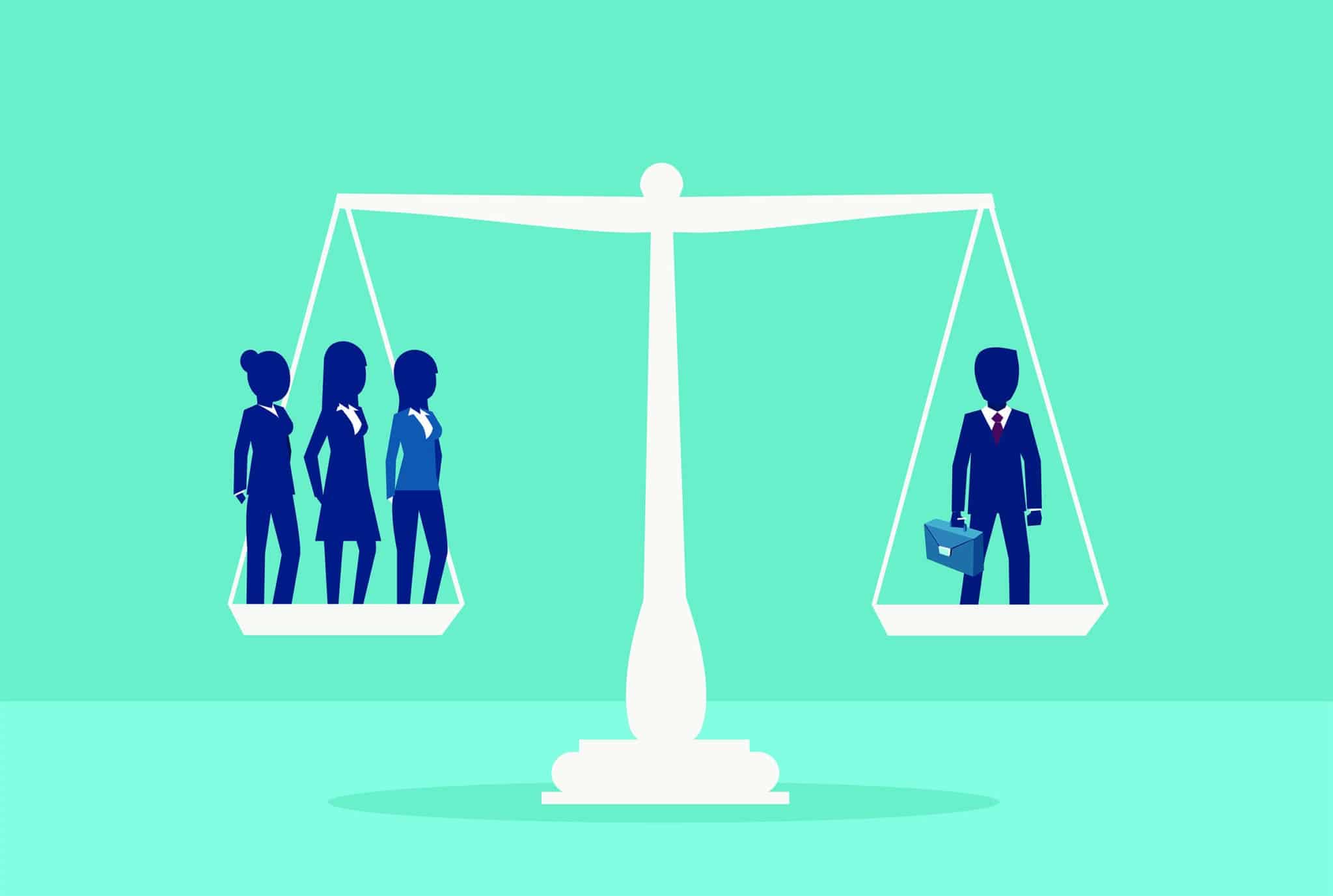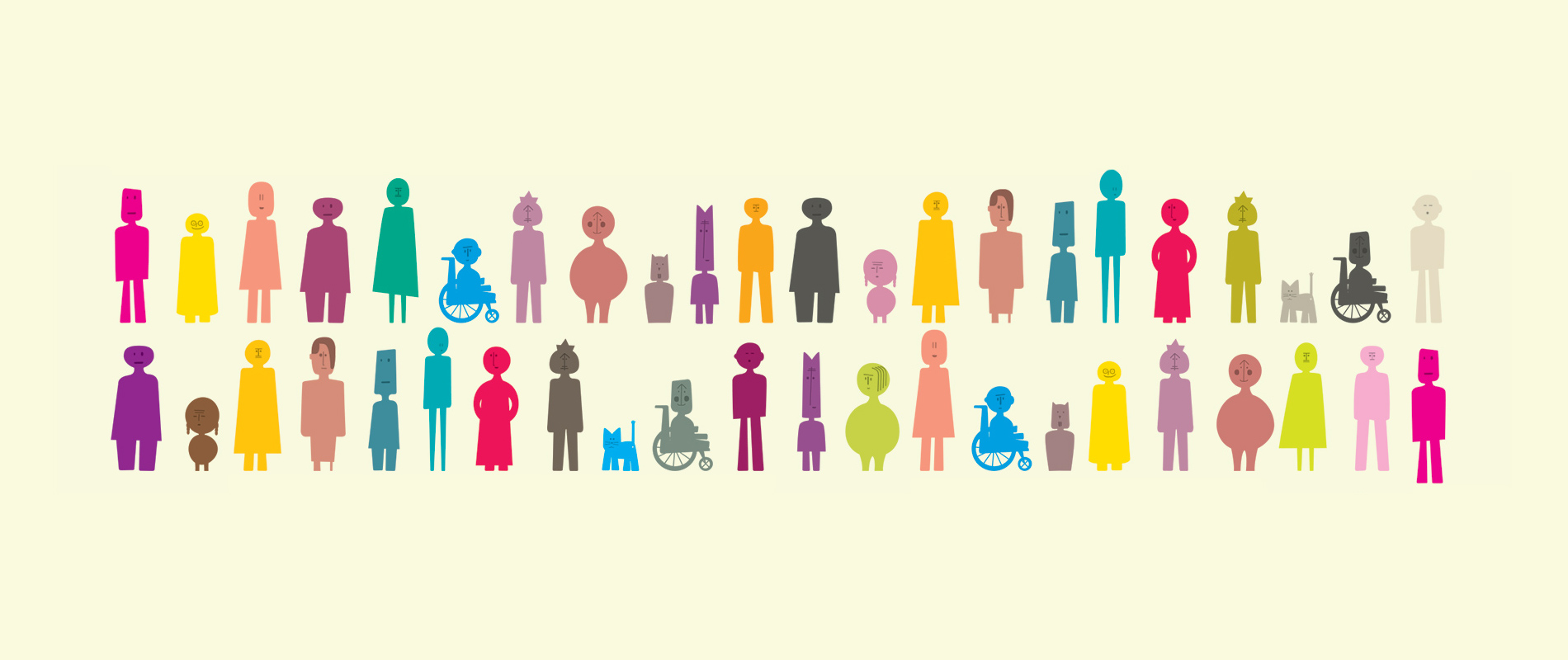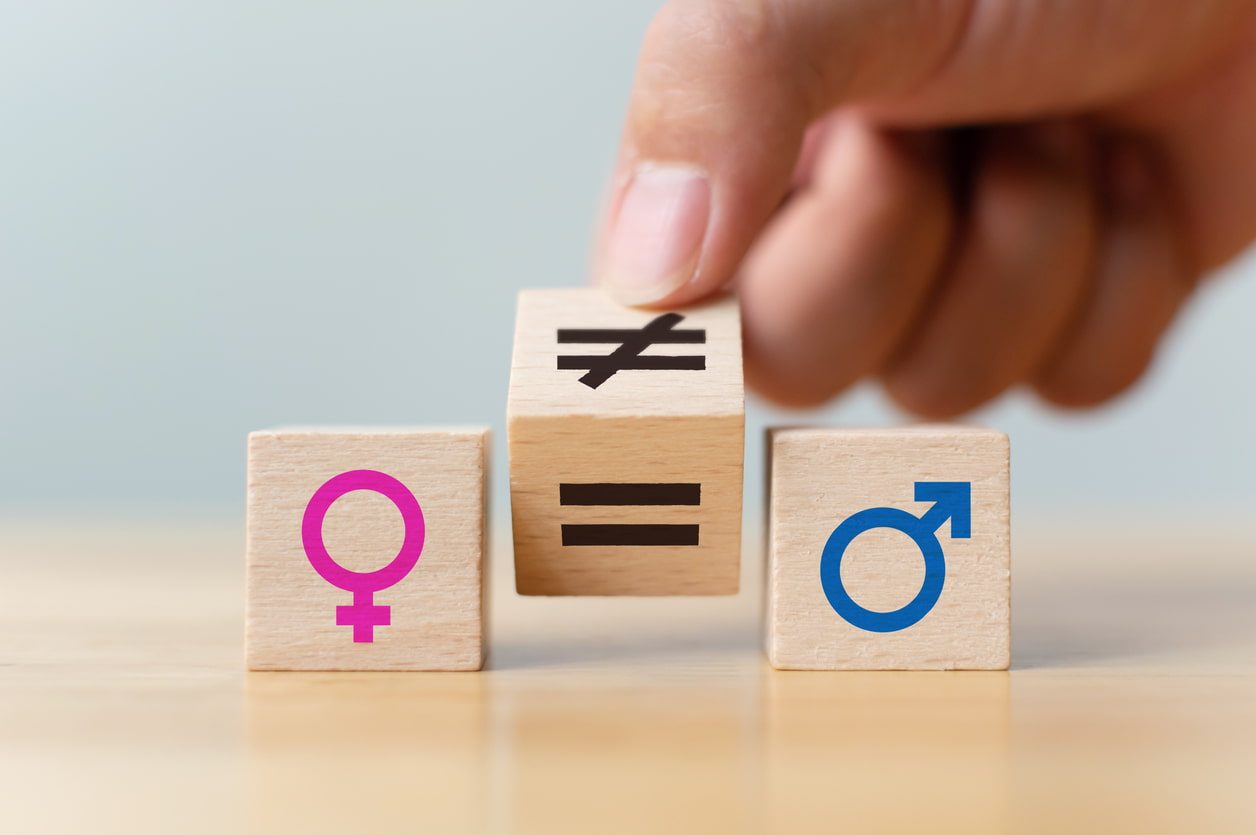TALiNT Partners Insights provides invaluable information that enables businesses to make informed, strategic decisions. Our curated insights are your tools for problem-solving, fostering growth, and achieving success within talent acquisition and staffing.
-
-
-
Featured Stories
- 25/04/2024
- 25/04/2024
- 25/04/2024
- 25/04/2024
- 24/04/2024
-
-
Latest News
- Employers are failing to minimise their environmental impact25/04/2024
- Retirement age trends around the globe: The UK sees a higher rise than the USA25/04/2024
- Entries now open for the prestigious TIARA Talent Solutions Awards25/04/2024
- Navigating the Ethical Terrain of AI in Hiring: Balancing Innovation with Humanity25/04/2024
- How many hours are employees saving due to gen AI24/04/2024
- Employers are failing to minimise their environmental impact
-
-
Audience
About Us
-
Content Types
Regions
-
-
Home Discrimination














